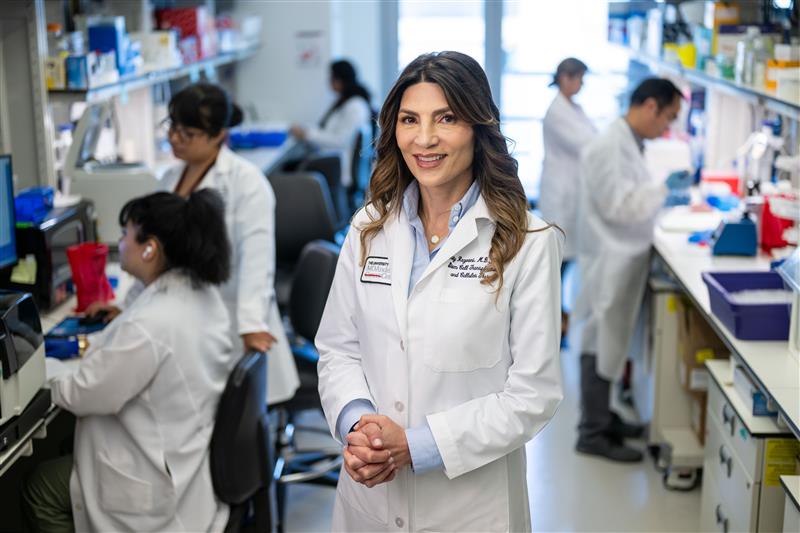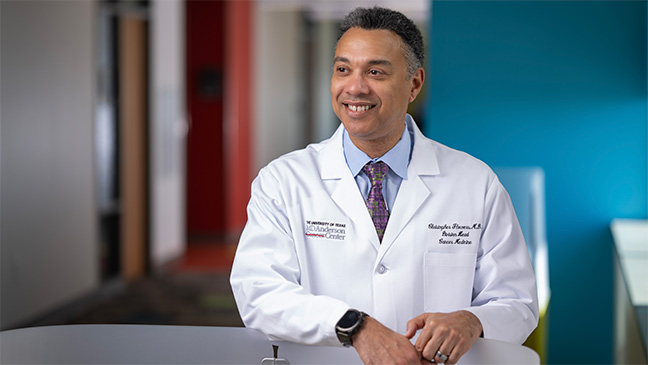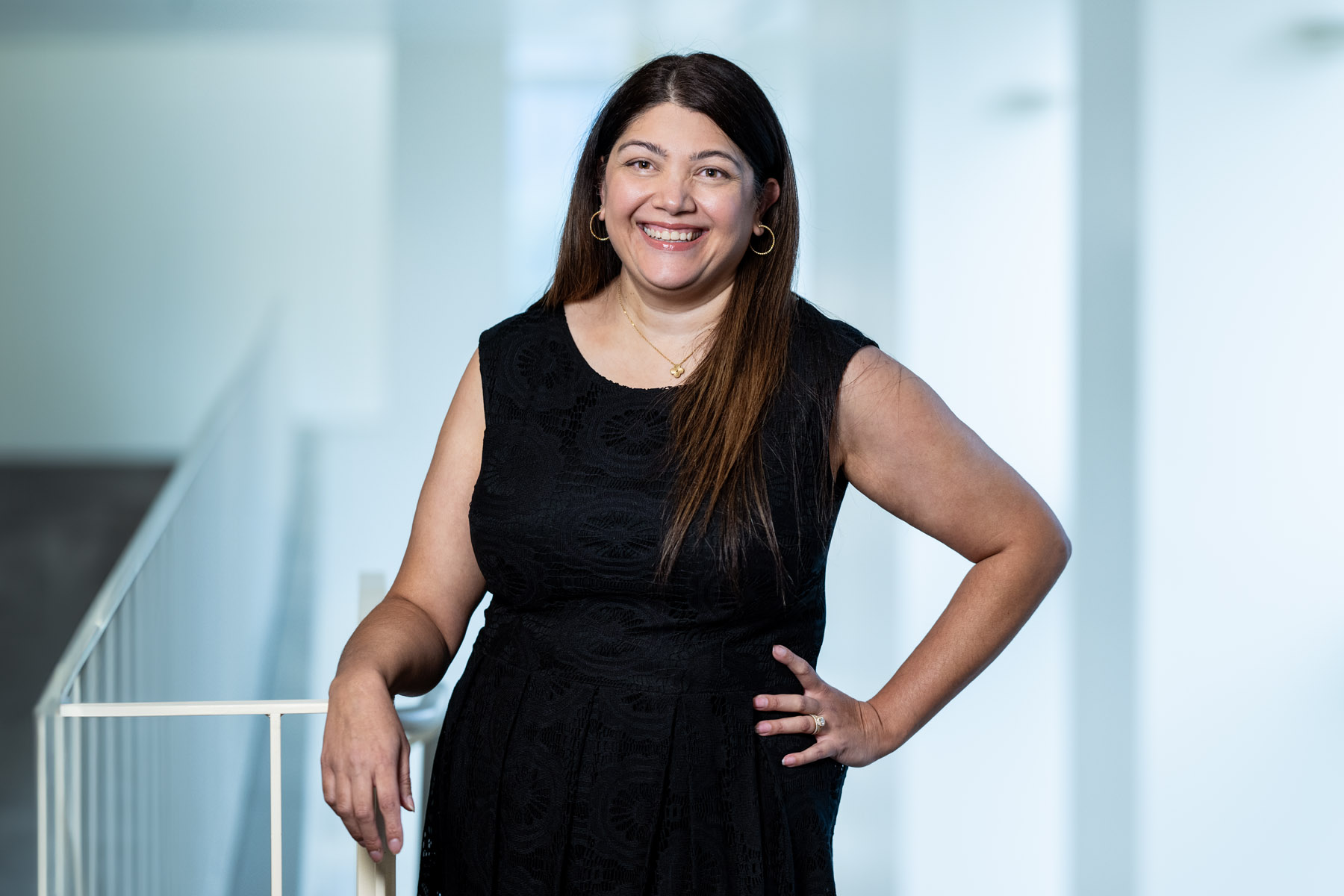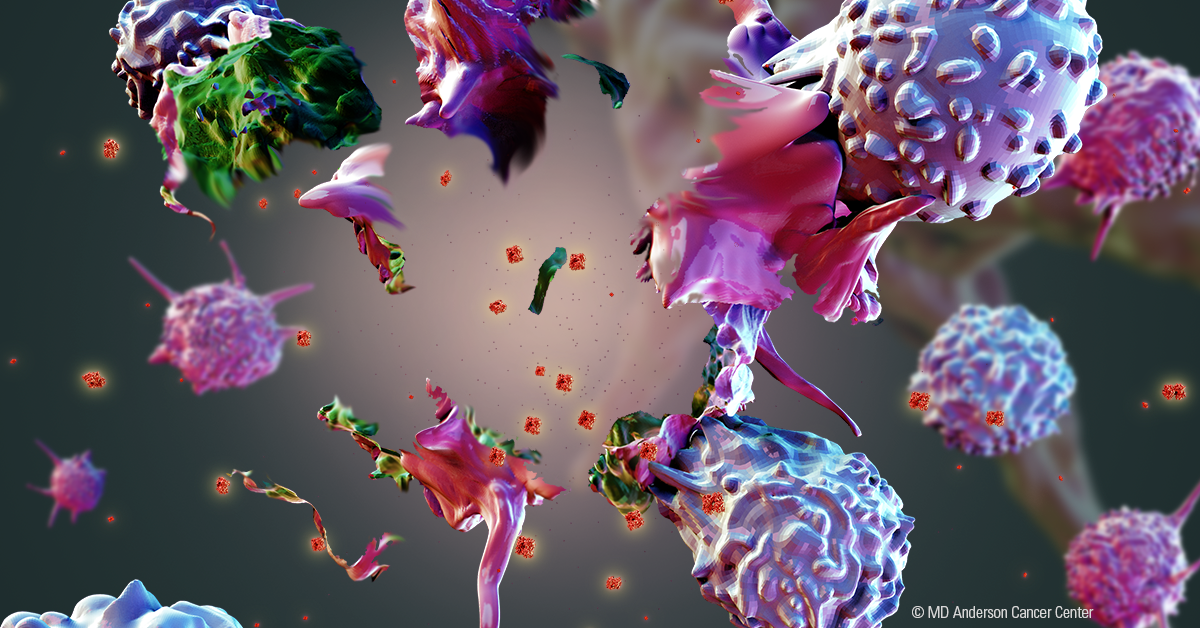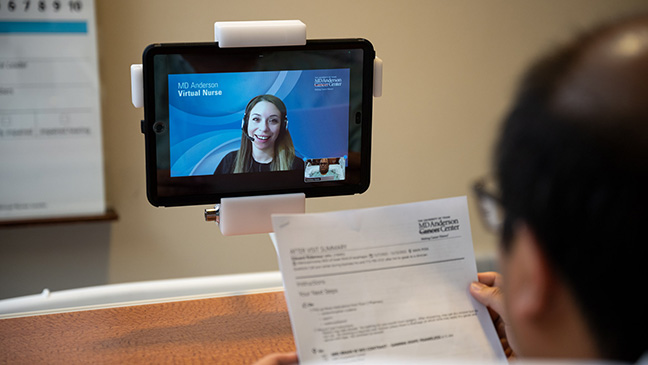- Diseases
- Acoustic Neuroma (14)
- Adrenal Gland Tumor (24)
- Anal Cancer (68)
- Anemia (2)
- Appendix Cancer (16)
- Bile Duct Cancer (26)
- Bladder Cancer (72)
- Brain Metastases (28)
- Brain Tumor (232)
- Breast Cancer (714)
- Breast Implant-Associated Anaplastic Large Cell Lymphoma (2)
- Cancer of Unknown Primary (4)
- Carcinoid Tumor (8)
- Cervical Cancer (158)
- Colon Cancer (166)
- Colorectal Cancer (118)
- Endocrine Tumor (4)
- Esophageal Cancer (44)
- Eye Cancer (36)
- Fallopian Tube Cancer (8)
- Germ Cell Tumor (4)
- Gestational Trophoblastic Disease (2)
- Head and Neck Cancer (12)
- Kidney Cancer (128)
- Leukemia (342)
- Liver Cancer (50)
- Lung Cancer (286)
- Lymphoma (278)
- Mesothelioma (14)
- Metastasis (30)
- Multiple Myeloma (100)
- Myelodysplastic Syndrome (60)
- Myeloproliferative Neoplasm (6)
- Neuroendocrine Tumors (16)
- Oral Cancer (100)
- Ovarian Cancer (172)
- Pancreatic Cancer (160)
- Parathyroid Disease (2)
- Penile Cancer (14)
- Pituitary Tumor (6)
- Prostate Cancer (146)
- Rectal Cancer (58)
- Renal Medullary Carcinoma (6)
- Salivary Gland Cancer (14)
- Sarcoma (238)
- Skin Cancer (296)
- Skull Base Tumors (56)
- Spinal Tumor (12)
- Stomach Cancer (64)
- Testicular Cancer (28)
- Throat Cancer (92)
- Thymoma (6)
- Thyroid Cancer (98)
- Tonsil Cancer (30)
- Uterine Cancer (80)
- Vaginal Cancer (16)
- Vulvar Cancer (20)
- Cancer Topic
- Adolescent and Young Adult Cancer Issues (20)
- Advance Care Planning (10)
- Biostatistics (2)
- Blood Donation (18)
- Bone Health (8)
- COVID-19 (362)
- Cancer Recurrence (120)
- Childhood Cancer Issues (120)
- Clinical Trials (632)
- Complementary Integrative Medicine (22)
- Cytogenetics (2)
- DNA Methylation (4)
- Diagnosis (232)
- Epigenetics (6)
- Fertility (62)
- Follow-up Guidelines (2)
- Health Disparities (14)
- Hereditary Cancer Syndromes (126)
- Immunology (18)
- Li-Fraumeni Syndrome (8)
- Mental Health (116)
- Molecular Diagnostics (8)
- Pain Management (62)
- Palliative Care (8)
- Pathology (10)
- Physical Therapy (18)
- Pregnancy (18)
- Prevention (918)
- Research (392)
- Second Opinion (74)
- Sexuality (16)
- Side Effects (604)
- Sleep Disorders (10)
- Stem Cell Transplantation Cellular Therapy (216)
- Support (402)
- Survivorship (322)
- Symptoms (182)
- Treatment (1786)
Optimizing CAR T cell therapy with bridging radiation therapy
BY Devon Carter
3 minute read | Published September 29, 2023
Medically Reviewed | Last reviewed by an MD Anderson Cancer Center medical professional on September 29, 2023
For many patients diagnosed with certain types of B-cell lymphoma, leukemia and multiple myeloma, chimeric antigen receptor (CAR) T cell therapy offers an effective treatment option. This cellular therapy is created by extracting a patient’s T cells, modifying them in a lab to identify and attack cancer cells, and returning them to the patient.
The process of creating the CAR T cells can take three to four weeks. Radiation therapy can be a tool to help get a patient through this manufacturing period. This is called bridging therapy.
“Bridging therapy can help control the disease so that a patient can get to the CAR T cell infusion,” says radiation oncologist Penny Fang, M.D. Research from Fang and her colleagues examines the role of bridging therapy for B-cell lymphoma patients receiving CAR T cell therapy. Their latest findings will be presented at the 2023 American Society for Radiation Oncology Annual Meeting.
Radiation therapy can relieve cancer-related symptoms
Currently, bridging therapy is often used ahead of CAR T cell therapy in patients who have large tumors or tumors that are causing symptoms such as pain or weakness. It can also be used to reduce the risk of symptoms in patients with tumors in or near important areas of the body.
Patients who have had prior radiation may still be eligible for bridging therapy, Fang says.
Ongoing work examines the effect of radiation therapy on CAR T cell therapy efficacy
In addition to managing tumor-related symptoms, radiation therapy reduces the number of tumor cells. “By scaling down the job for the CAR T cells, we can potentially optimize their success,” Fang says.
The more tumor cells that are eliminated with radiation therapy before CAR T cell therapy, the less work the CAR T cells have to do. “Ultimately, the goal of CAR T cell therapy is cure, and we hope to help get there with radiation therapy,” Fang says.
At the ASTRO Annual Meeting, Fang and her colleagues will present findings that show patients who can feasibly be treated with radiation therapy at all the involved tumor sites tend to have more favorable outcomes.
“We have ongoing work now to try to understand why that may be the case,” Fang says.
Bridging therapy may prime the tumor microenvironment and the tumor cells
Reducing the tumor volume may not be the only benefit of bridging therapy. Fang and her colleagues are conducting clinical trials to explore the advantages of radiation therapy in patients receiving CAR T cell therapy. They’re looking at whether lower dose radiation can help modify the tumor microenvironment and help with tumor cell death.
“We’re studying whether therapy may be priming the tumor microenvironment and/or systemic immune state so that the CAR T cells may more effectively do their work,” Fang says.
Radiation therapy may benefit patients who don’t experience a complete response to CAR T cell therapy
Fang and her colleagues also are investigating whether radiation therapy can be used to modify the immune response and jumpstart idle CAR T cells in patients who don’t experience a complete response to CAR T cell therapy.
An ongoing study is investigating whether radiation may be synergistic with CAR T cell therapy in patients with multiple myeloma who don’t completely respond to treatment. “Our question is: if there’s disease resistant to CAR T cells, can we potentially improve the response with radiation,” Fang asks.
Research aims to expand understanding of radiation therapy’s impact on CAR T cell therapy
Fang and her colleagues are conducting more research to better understand the synergy of radiation therapy and CAR T cell therapy. For example, they have an ongoing umbrella clinical study looking at patients across multiple hematologic malignancies who are being treated with radiation therapy and CAR T cell therapy.
“We’re also planning to analyze patients’ blood biomarkers so that we can better quantify the immune response after radiation therapy and how it may potentially synergize with CAR T cell therapy to improve outcomes for more patients,” Fang says.
Request an appointment at MD Anderson online or by calling 1-866-548-0405.
Related Cancerwise Stories

The goal of CAR T cell therapy is cure, and we hope to help get there with radiation therapy.
Penny Fang, M.D.
Physician & Researcher

